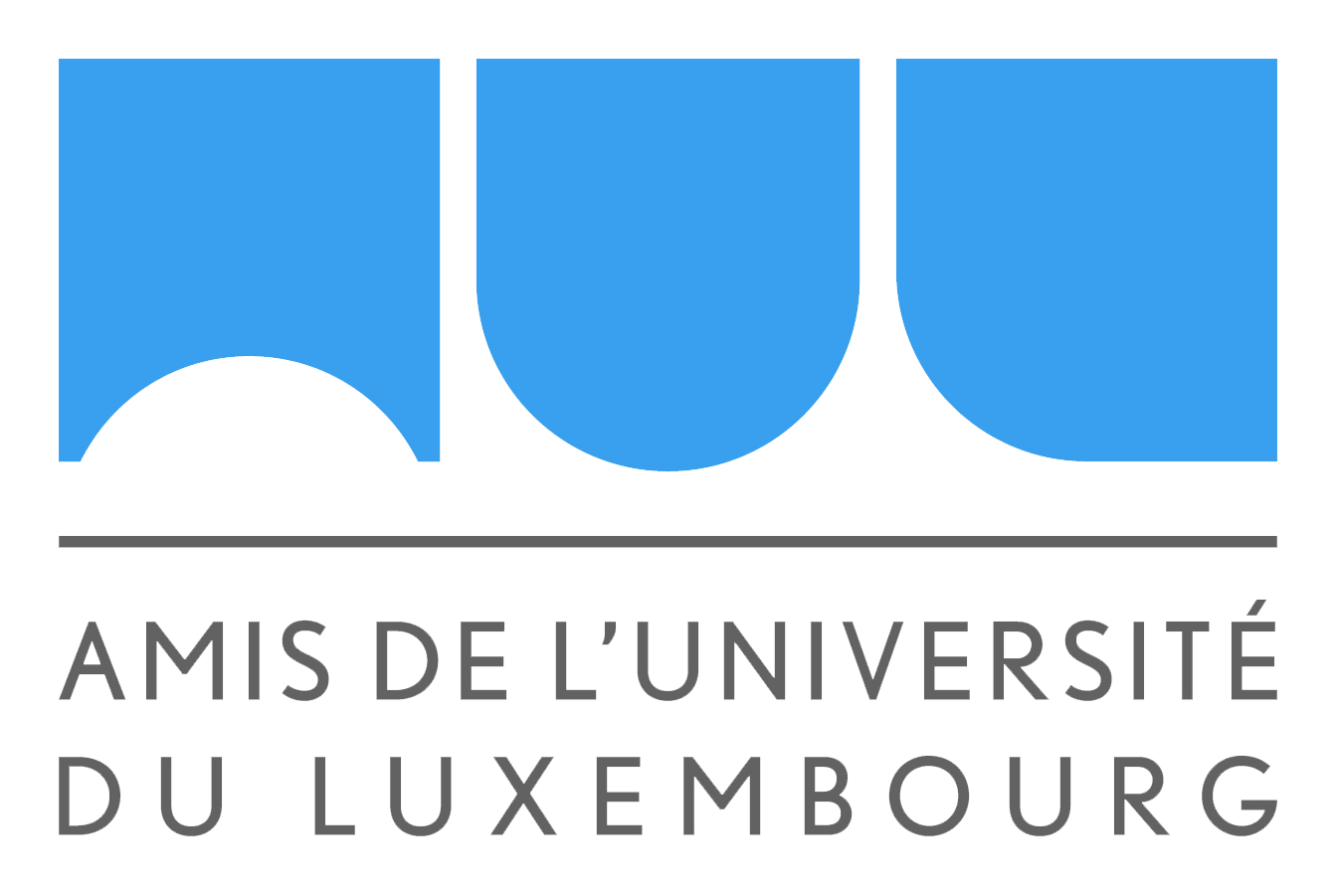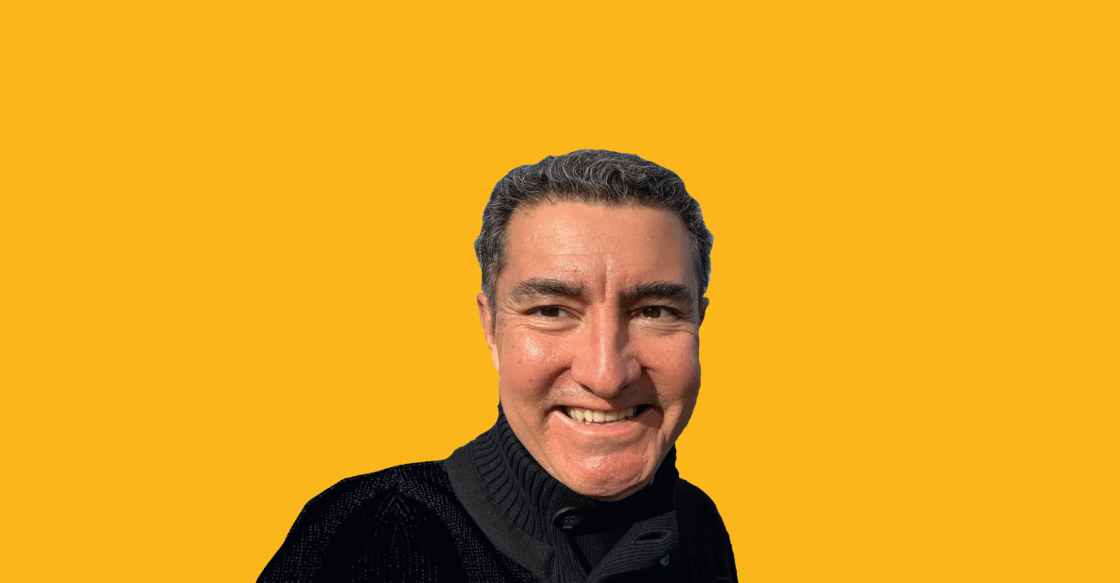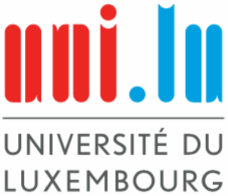Traditionally people think of universities as a place they go to for 3, 4, or 5 years to get a degree that will allow them later on to find a job. When young students start to apply to universities they think they are applying to attend the school for a period of 3-5 years, depending on what they want to study of course, but they imagine their experience of the university as a finite experience. They will normally start in September of a given year and finish around May a few years later, and that’s all. Few of the students graduating from a university go back to their alma mater to study for a Master’s degree or a Ph.D., but even those people who do return, tend to conceive the time at the university as a finite experience that starts at some point and finishes. The best universities, however, conceive the relationship between students and the institution as a truly lifelong experience. Universities that really master the art of curating their alumni know that when they receive a student, they will never let him or her truly leave the university.
The institution that is able to capture the enormous value that its alumni have, makes extraordinary efforts to keep and nurture the relationship with them, constructing an almost symbiotic relationship in which both the alumni and the university, engage in a constant, continued win-win relationship.
My personal experience as an MBA alumnus of the Harvard Business School, from which I graduated in 1997 has shown me that the University cares about me and constantly offers me valuable services, which I have enjoyed every single day over the past 24 years. The list of benefits and resources is constantly growing. HBS knows, at all times, where I live, where I work, in what associations I’m involved in, and many other details that they carefully manage to offer their services tailor-made to me. The University is in continuous contact with me offering me all sorts of resources that range from free coaching services to exotic travels to beautiful destinations; from webinars featuring the latest topics and the best speakers, to the possibility of accessing their job bank to search for a new position. The Harvard Gazette is sent to all alumni every day. Alumni are frequently invited to join club activities worldwide that range from wine tasting to private equity; from art and culture to entrepreneurship; and many others.
The University also conducts an intensive volunteer program in which many of its alumni get involved and help the University in building the cohesion of all its members spread throughout the world. Some volunteers collect class notes quarterly to generate a relevant HBS magazine containing the latest news of alumni in every corner of the world. Other volunteers help with the fundraising. Other volunteers offer themselves as coaches or as speakers for the different events that the University organizes. Alumni become the most powerful engine of the University.
Volunteers also get involved first-hand in the organization of the ultimate alumni-engagement event: the Reunions. The Reunion is the event where the whole engagement journey materializes, every five years, back in Boston. Alumni from all over the world fly for a 3-day marathon of lectures, conferences, guided tours, cocktails, dinners, and of course the prestigious closing ball. The Reunion is also the most important fundraising event. Competition among the different sections of the promotion being reunited aims at achieving the highest amount of money donated to the Institution. The magic is that we contribute generously and happily because the University has offered us a superior value over the previous five years. Alumni look forward to the Reunion so much so that hotels are fully booked 14 months in advance. The Reunion offers the possibility for alumni to reconnect and network in an unparalleled way. It’s a place to do business and find new jobs or new investors, but the Reunion is also an opportunity to show your family the place where you studied many years ago. The whole experience is a virtuous circle of exchange of knowledge and human connection.
European universities, and in particular the University of Luxembourg, are still far from achieving that level of alumni engagement. Nevertheless, the efficacy, benefits, and profitability of such a model are, in my view, unquestionable. The value that an alumnus can obtain from his alma mater shall not be limited to the years spent on campus but should be positively exploited throughout the course of his life. By the same token, the contribution that alumni can give to their alma mater should go with her throughout her life. Universities are centers of knowledge and experience concentration. The older the alumnus, the richer he is to contribute to his institution with knowledge, with experience, and also, potentially, with economic donations.
Luxembourg aims at being at the forefront of business, education, and cultural development in many sectors. The national priorities in terms of knowledge aim at promoting the most cutting-edge areas such as space sciences, artificial intelligence, and neurosciences. Our University, soon to turn 20 years of age, is a fundamental engine for our country. The university has grown incredibly fast and very successfully over the last years, but the Institution cannot achieve this growth with its own efforts alone. I believe it is now time that alumni of the Uni Luxembourg start giving a hand to their alma mater. Everybody at the University should also realize the importance of building the alumni community, and at the same time, all alumni should get involved in the development of the University to bring it to its next level of competitiveness and innovation. It should be a mutually beneficial engagement. One that feeds each other with knowledge and value and that constantly reminds the unparalleled joy of being a University student. This joy should not finish with the obtention of the diploma, but it shall continue throughout the journey of life.
Rick Serrano | Member of the Board of Directors of the Friends of the University of Luxembourg






